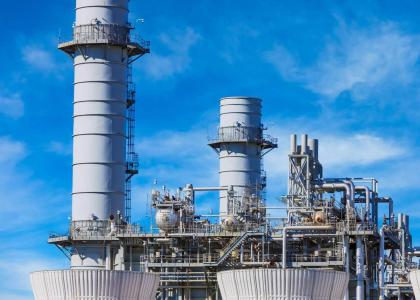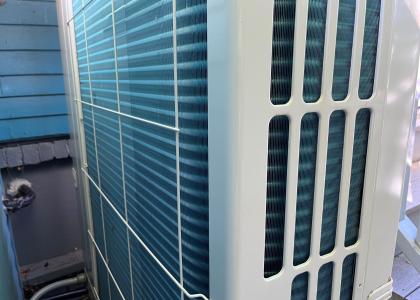ACEEE welcomes the release of the Energy Efficiency 2018 report from the International Energy Agency (IEA). The report underscores efficiency’s critical role in meeting greenhouse gas reduction commitments under the Paris Agreement and highlights the disappointing news that efficiency investments have slightly decreased in the United States and China.
Energy efficiency remains a vastly untapped resource despite being a proven strategy for meeting growing energy demand worldwide and a key driver of economic, social, and environmental progress. The report’s finding that global energy demand rose by nearly 2% in 2017 indicates a need for a significant increase in efficiency policies and programs in both emerging and established economies.
This is especially relevant in light of the alarming findings from the most recent Intergovernmental Panel on Climate Change report, released earlier this month, which states that global greenhouse gas emissions must drop by 45% by 2030 from 2010 levels for the world to meet its Paris Agreement commitments.
We endorse the IEA’s support for key efficiency policies, including stronger fuel economy standards for cars and trucks, appliance standards, and deep building retrofits. As governments consider ways to significantly cut their energy use while also growing their economies, they can turn to the ACEEE International Energy Efficiency Scorecard, which provides policymakers with a roadmap of policy options and best practices in the buildings, transportation, and industrial sectors that will help optimize efficiency investments and maximize reductions in energy consumption.
The American Council for an Energy-Efficient Economy acts as a catalyst to advance energy efficiency policies, programs, technologies, investments, and behaviors.



